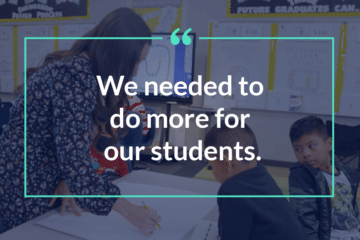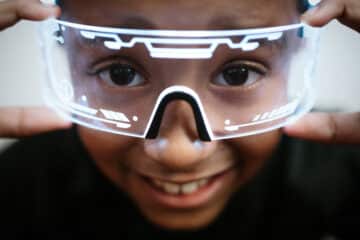This month we are reading about why it is important to incorporate the science of learning into school plans to reengage students and accelerate their learning post-pandemic; how to support a high-quality vocational education and training (VET) educator workforce; and what teachers are sharing about their experiences in leading lessons remotely this past year.
Linda Darling-Hammond, president and CEO of the Learning Policy Institute and a member of NCEE’s Center for International Education Benchmarking advisory group, writes in a post for Forbes that as schools seek to recover from the pandemic, it is critical to apply what we know about how people learn to how we reinvent schools. She asserts that it is key to focus on relationships, build on students’ prior knowledge, and find ways to engage and motivate students as learners. Darling-Hammond cautions against only attending to “learning loss” and not acknowledging the need to rebuild trust with students and families after a year of trauma. She concludes that if students feel connected, supported and challenged with authentic and accelerated learning experiences, “they will learn in ways that far exceed the ‘old normal’ and set the norm for a new age in education that builds on how children really learn, rather than working against it.”
OECD released a new report that considers the current supply of well-prepared teachers in VET, the combination of industry experience and pedagogical skills needed for them to be effective, the increasing need for VET teachers to possess digital and soft skills, efforts to support innovative teaching practices in VET, and the role of leaders. Teachers and Leaders in Vocational Education and Training also discusses how VET institutions responded to the pandemic, offering new or alternative ways of teaching and learning and developing flexible options for work-based learning experiences. The report concludes with a series of policy recommendations.
A new paper from the Leading Teachers Project, a recently-established effort led by Barnett Berry, a professor at the University of South Carolina and the founding director of the Accelerator for Learning and Leadership for South Carolina, reviews findings from teacher surveys and focus groups conducted in February and March 2021 to gather their perceptions after a year of teaching in online and hybrid formats. Teachers discussed barriers to effective teaching and learning; which resources were most useful to them; how they adjusted their teaching practices; the role of administrators; and the need to insert teacher voice into conversations about how to move forward. The project intends to continue exploring teaching innovations and offering suggestions as to how lessons learned during the pandemic can help shape a reinvented education system.




